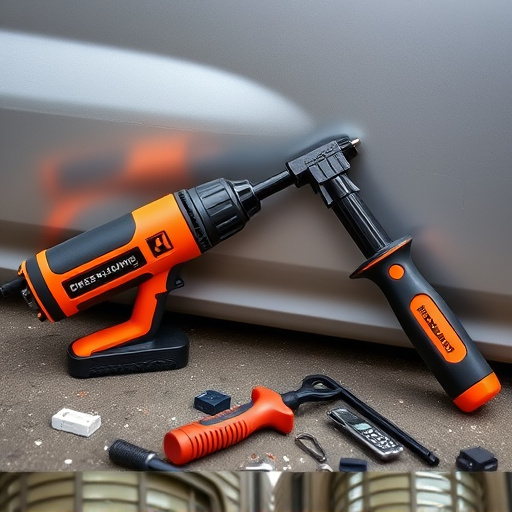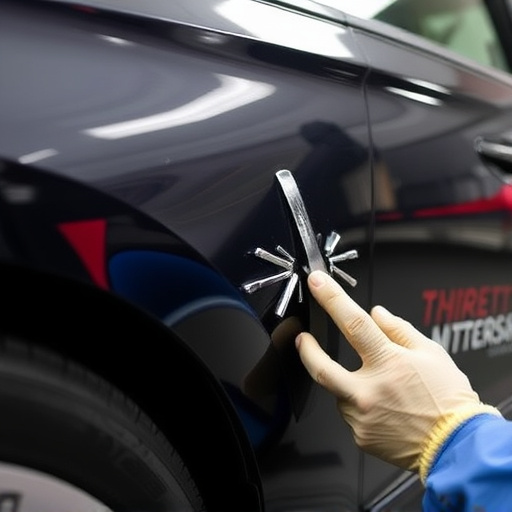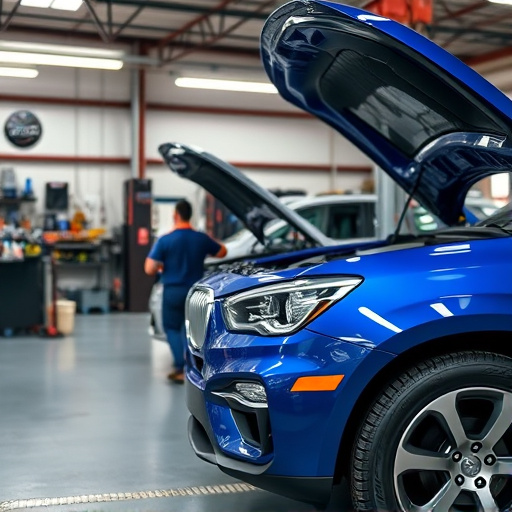A Customer Satisfaction Guarantee (CSG) is a powerful tool to build brand loyalty in competitive markets like auto body services. By clearly defining satisfaction criteria, resolving issues promptly, and fostering trust, businesses can transform satisfied customers into advocates. Measuring success through repeat business rates, net promoter scores, and retention numbers ensures the CSG's effectiveness, contributing to long-term brand loyalty and a positive reputation.
In today’s competitive market, fostering brand loyalty is paramount. One powerful tool that brands can leverage is the customer satisfaction guarantee (CSG). This article delves into the pivotal role of CSGs in building unwavering brand loyalty. We explore strategic implementation methods and key performance indicators to measure success. By understanding the foundation of CSGs and adopting effective practices, businesses can create a loyal customer base that becomes their greatest advocates.
- Understanding Customer Satisfaction Guarantee: The Foundation
- Strategies to Implement Effective SATS Programs
- Measuring Success: Loyalty Metrics and Continuous Improvement
Understanding Customer Satisfaction Guarantee: The Foundation
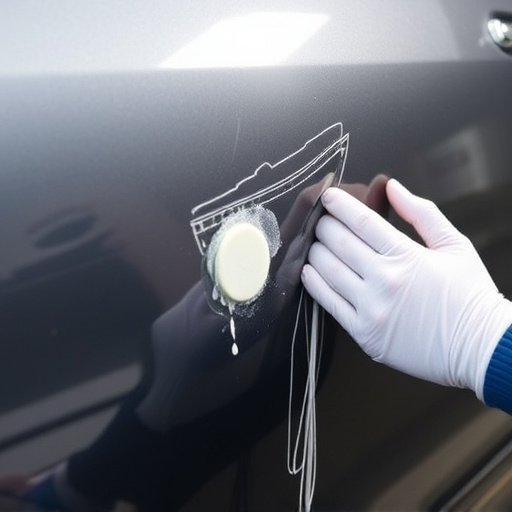
A customer satisfaction guarantee (CSG) is a powerful tool that forms the foundation for building brand loyalty. It’s more than just a promise; it’s a commitment to ensuring every customer receives exceptional service and a positive experience. In the competitive business landscape, especially in sectors like auto body services, automotive collision repair, and automotive body shops, where customers often face numerous options, a CSG sets a brand apart as reliable and trustworthy.
By implementing a robust CSG, businesses signal their dedication to meeting and exceeding customer expectations. This strategy fosters trust, encouraging clients to not only return for future services but also to advocate for the brand among their peers. When a satisfied customer encounters an issue or has a concern, knowing that a guaranteed resolution is within reach strengthens their affinity for the brand, transforming one-time buyers into loyal advocates.
Strategies to Implement Effective SATS Programs
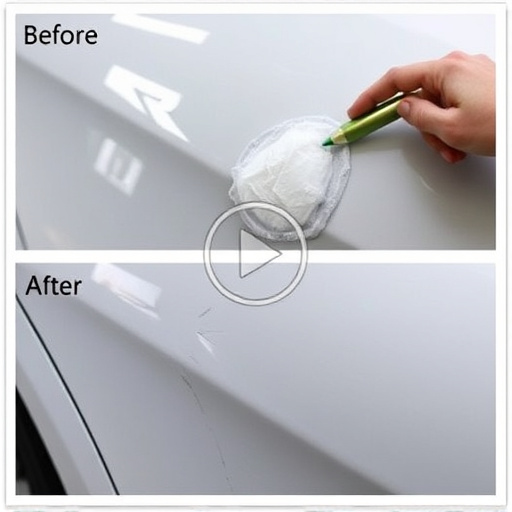
Implementing an effective Customer Satisfaction Guarantee (SATS) program is a multifaceted strategy that requires careful planning and execution. One key approach is to establish clear and concise policies outlining what constitutes satisfaction and the steps to resolve issues. This transparency builds trust, assuring customers that their concerns are taken seriously. For instance, an automotive body shop could promise a flawless repair process with a guaranteed outcome, backed by a comprehensive warranty.
Additionally, proactive communication is vital. Regular check-ins post-repair, through surveys or personal follow-ups, allow for immediate feedback and address any lingering issues. This personalized touch can significantly enhance customer loyalty. Remember, a satisfied customer is more likely to return for future vehicle repair needs and recommend the services to others, ensuring long-term brand loyalty and fostering a positive image in the competitive market of auto repair near me.
Measuring Success: Loyalty Metrics and Continuous Improvement

Measuring success is a critical component of any brand loyalty strategy, and when it comes to customer satisfaction guarantees, tracking key metrics is essential. These include repeat business rates, net promoter scores (NPS), and customer retention numbers. For instance, in the automotive repair services sector, Mercedes-Benz collision repair shops that excel in customer satisfaction guarantee programs often see higher rates of returning customers and positive NPS ratings.
By continuously monitoring these metrics, businesses can identify areas for improvement within their operations, from enhancing communication channels to refining service delivery processes. Such data-driven approaches ensure that the customer satisfaction guarantee remains effective over time, fostering a strong brand loyalty that sets them apart from competitors, including specialized services like collision damage repair.
A robust customer satisfaction guarantee (CSG) serves as a cornerstone in fostering brand loyalty. By implementing effective CSG strategies, businesses can enhance client experiences, build trust, and encourage repeat purchases. Measuring success through loyalty metrics allows for continuous improvement, ensuring the CSG remains a dynamic force in retaining customers and driving business growth.








